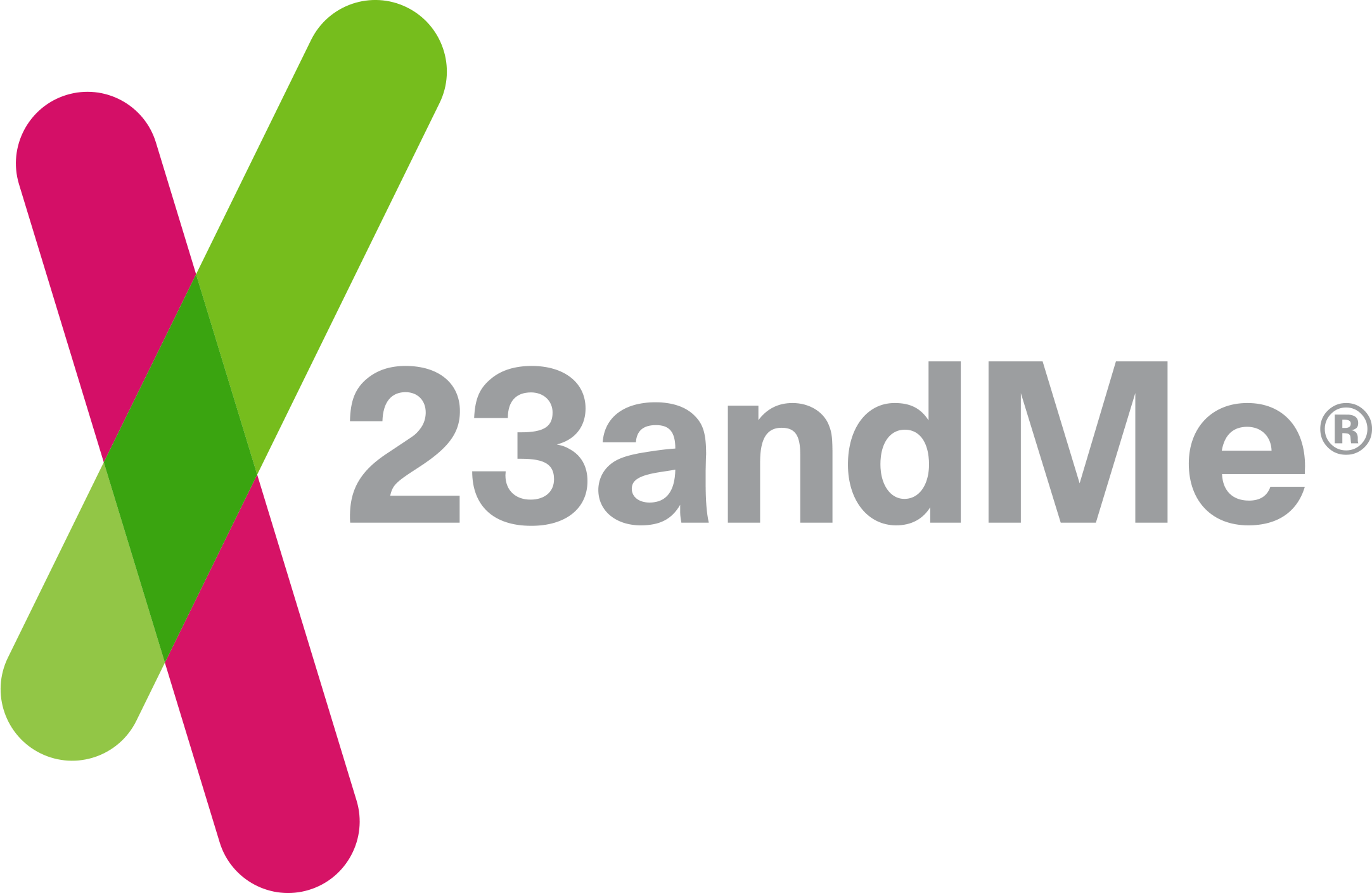
By Eloycsia Ratliff, MPH, 23andMe Medical Education Project Manager
Editor’s note: This is the first post in an occasional series explaining our Medical Education program.
It is no secret that the evolving field of genomic medicine is changing at a rate that is surpassing healthcare professionals’ (HCPs) ability to keep up. Along with that, the growing popularity of direct-to-consumer (DTC) genetic testing, means that more and more conversations between patients and their healthcare provider revolve around genetics. These twin forces are creating a need for more medical education.
At 23andMe, we believe knowledge about genetics — both among consumers and HCPs — has the potential to improve health outcomes. Our Medical Education program supports HCPs who want to incorporate DTC genetic testing into patient care. By learning more about our service, HCPs will be more prepared to have meaningful conversations with their patients who want to discuss 23andMe reports.
This offers an opportunity to prepare for the wave of consumer interest in genetic testing for health information. It is estimated that over 26 million people have taken a DTC genetic test. A desire to learn more about their health is one of the leading motivations for genetic testing. Studies show about 30 percent of individuals who have tested share their information with their healthcare providers.
What does Medical Education Look Like at 23andMe?
23andMe has a Healthcare Professionals website, medical.23andme.com, with educational resources for HCPs so they can understand the consumer experience. Among those resources are samples of all of our 125+ reports, including our Health Predisposition, Carrier Status, Wellness, Traits and Ancestry report categories*. In addition, multiple sample reports representing various outcomes for many of our health reports are provided. The site also has information on the scientific process behind our FDA-authorized Genetic Health Risk and Carrier Status reports.*

Anne Greb, MS, CGC
Other resources on our website include on-demand webinars, educational blogs, and information about continuing medical education (CME) credit opportunities. There is an events calendar where HCPs can find information on upcoming medical conferences we are attending and educational programs we are sponsoring. Through our education initiatives, we hope as patients come in to discuss results from their 23andMe health report, HCPs will either be prepared to immediately address their concerns or know exactly where to find informative physician-friendly resources — adding more value both to the reports and the overall visit.
Who Are We?
23andMe’s Medical Education program is led by Anne Greb, MS, CGC, a board-certified genetic counselor with over 25 years of experience in genetic counseling program leadership, medical education and administration. Anne is responsible for leading and developing educational initiatives that equip healthcare professionals to better integrate personalized genetic information into the everyday care of their patients.

Eloycsia Ratliff, MPH
Medical Education project manager, Eloycsia Ratliff, MPH, is a healthcare professional with over eight years of experience working in health education, epidemiology and research, and project management at both the local and state levels. Eloycsia serves as a health education expert and lead on managing projects that elevate 23andMe in the clinical environment.
The Medical Education team is part of a larger Medical team at 23andMe including, Medical Affairs, Medical Outreach, and Advocacy.
23andMe Healthcare Community
If you are a healthcare professional and interested in learning more about 23andMe’s Medical Education Program, join our healthcare community. We have a community of over 20,000 healthcare professionals ranging from genetic counselors; physicians of all specialties; scientists; to researchers and educators. Our community has access to timely and targeted educational resources linked to specific reports, which has been useful in helping HCPs understand and interpret our reports. In addition, our healthcare community receives regular updates on the latest 23andMe features and information about upcoming educational programs and engagement opportunities. We want our HCP community to be at the forefront of information so they are better prepared for their patients’ questions.
23andMe recognizes that enhanced awareness and knowledge of genetics is beyond our service and more about the long-term value this information can have on patients’ lives.
For more information on how to join, visit our Healthcare Professionals’ website https://medical.23andme.com/.
Stay tuned for our next blog post in August, where we will discuss common misconceptions HCPs have about 23andMe. Also, check out 23andMe’s new MUTYH-Associated Polyposis Genetic Health Risk report* released in June. You can find sample reports and on-demand report walk-throughs on our website.
*The 23andMe PGS test includes health predisposition and carrier status reports. Health predisposition reports include both reports that meet US FDA requirements for genetic health risks and the 23andMe Type 2 Diabetes health predisposition report which is based on 23andMe research and has not been reviewed by the FDA. The test uses qualitative genotyping to detect select clinically relevant variants in the genomic DNA of adults from saliva for the purpose of reporting and interpreting genetic health risks and reporting carrier status. It is not intended to diagnose any disease. Your ethnicity may affect the relevance of each report and how your genetic health risk results are interpreted. Each genetic health risk report describes if a person has variants associated with a higher risk of developing a disease, but does not describe a person’s overall risk of developing the disease. The test is not intended to tell you anything about your current state of health, or to be used to make medical decisions, including whether or not you should take a medication, how much of a medication you should take, or determine any treatment. Our carrier status reports can be used to determine carrier status, but cannot determine if you have two copies of any genetic variant. These carrier reports are not intended to tell you anything about your risk for developing a disease in the future, the health of your fetus, or your newborn child’s risk of developing a particular disease later in life. For certain conditions, we provide a single report that includes information on both carrier status and genetic health risk. Warnings & Limitations: The MUTYH-Associated Polyposis Genetic Health Risk Report is indicated for reporting the Y179C and G396D variants in the MUTYH gene and an increased risk for colorectal cancer. The two variants included in this report are most common in people of Northern European descent. This report does not include variants in other genes linked to hereditary cancers and the absence of variants included in this report do not rule out the presence of other genetic variants that may impact cancer risk. The PGS test is not a substitute for visits to a healthcare professional for recommended screenings or appropriate follow-up. Results should be confirmed in a clinical setting before taking any medical action. For important information and limitations regarding other genetic health risk reports and carrier status reports, visit https://www.23andme.com/test-info.